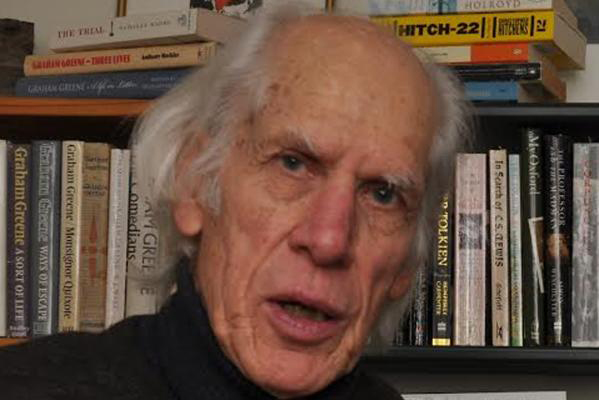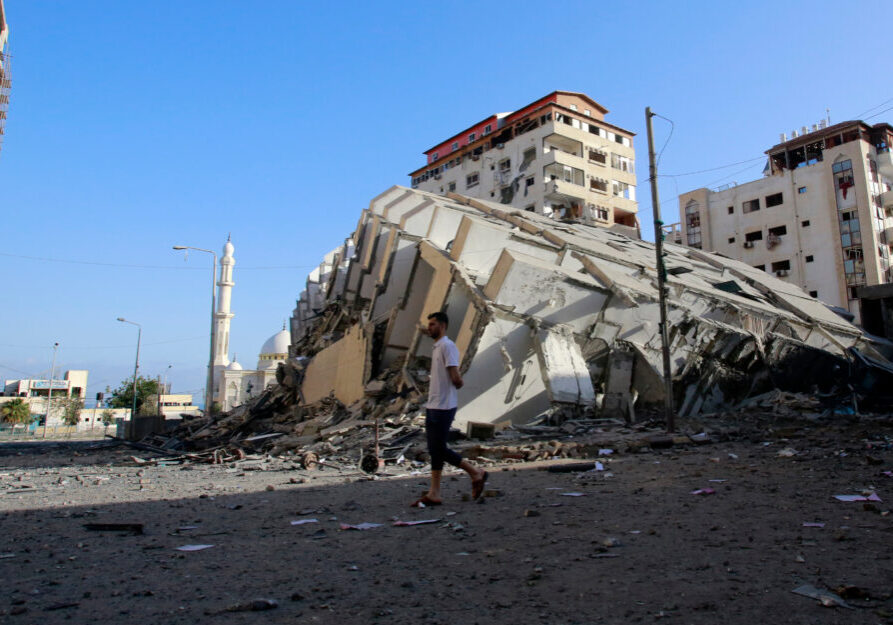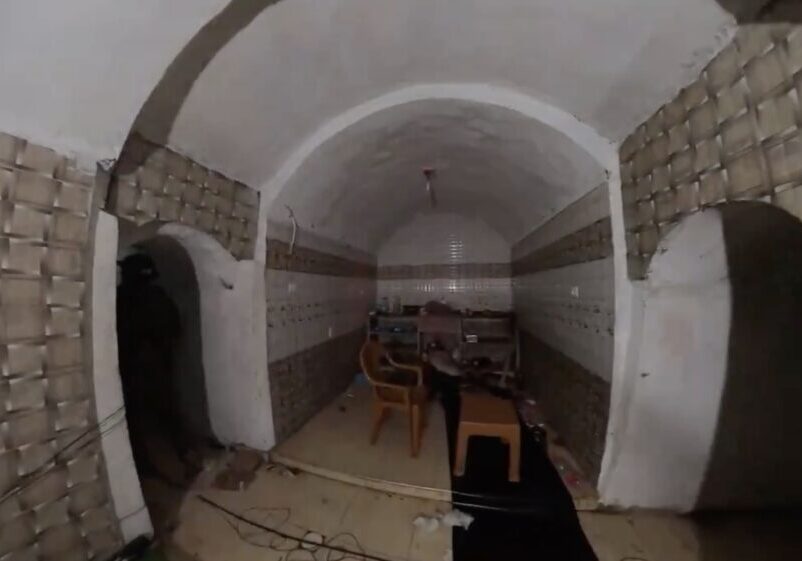Australia/Israel Review
AIR New Zealand: NZ Icon takes on Antisemitism
Feb 5, 2016 | Miriam Bell

Frenzied, virulent crowds of protestors. Placards accusing Israel of genocide, apartheid and terrorism. Screaming demands to “free Gaza” and support the Boycott, Divest, Sanction movement.
These are the images that spring to mind when thinking about New Zealand demonstrations in support of the Palestinians in recent times. While there has long been a pro-Palestinian movement in New Zealand, and it has always included raucous elements, the fervour surrounding it seems to have ramped up significantly of late.
Back in 2014, at the height of the Israel-Gaza conflict, I wrote about the extreme nature of anti-Israel protests and public pronouncements. I pondered whether there might perhaps be a stream of antisemitism, disguised as anti-Israel sentiment, growing in New Zealand.
These concerns are shared by other New Zealanders, non-Jewish as well as Jewish.
One prominent example is Sir James McNeish, a critically acclaimed novelist, playwright and biographer. One of his books, Lovelock, was nominated for the Booker Prize in 1986 and in 2011 he was made a Knight Companion of the New Zealand Order of Merit for services to literature.
The non-Jewish McNeish has long been a staunch friend of Israel. After spending time in Israel in the 1970s, he and his wife formed an organisation called “The Bridge” which sent small groups of non-Jewish young New Zealanders to Israel to build their understanding and awareness of the issues surrounding the Jewish State.
The Bridge was in operation for about eight years, McNeish said. While overall it was well-received and successful in its aims, “We did see some young academics frozen out by their colleagues on their return. That opened up my eyes to antisemitism. It had never occurred to me that that might happen in New Zealand.”
This concern was enhanced when McNeish wrote the book Belonging: Conversations in Israel, in 1980. It featured interviews with a range of people who had moved to Israel discussing why they had decided to do so.
The story of one man – a poet from Lithuania who had been a World War II partisan – has always stayed with McNeish. “He told me the Jewish partisans had to fight two wars in World War Two. One was against the Germans and the other was against the other partisans. They found antisemitism, among the people who they were fighting the Nazis with, in the forest.”
This story was an example of the pervasive, underlying antisemitism which exists, he said. And what bothers him now is that the latent hints of antisemitism he detected back in the 1970s have been mainstreamed. “These days the type of reaction those young academics experienced when they talked about Israel is taken for granted in New Zealand. It’s not unusual.”
In his view, the 2014 Israel-Gaza conflict was a flashpoint for a new antisemitism in New Zealand. McNeish said watching those demonstrations made him realise how much things had changed.
“It’s the political Left, not the political Right now. And, for the first time, we had ‘responsible people’ – like politicians – openly expressing anti-Israel rhetoric. You heard people making comparisons between Gaza and the Warsaw Ghetto and saying that Israel was behaving like the Nazis. Such views and comparisons demonstrate a total loss of perspective. Those attacks on Israel, they are just a guise for antisemitism. And it has made antisemitism respectable again.”
In 2014, McNeish tried to contact a range of media to express his concerns, but his efforts were dismissed. “They didn’t want to know or hear about the Israeli perspective… There’s been a qualitative change. It’s very sad.”
This state of affairs prompted him into action. In 2014, he sent an Open Letter to New Zealand’s Attorney-General, Chief Human Rights Commissioner and Race Relations Conciliator. The letter expressed his dismay at the rise of antisemitism and the warped reporting of the situation and said some of the political rhetoric and activities amounted to racial incitement.
He has followed up with a letter to The Listener and a talk to students. He also supports the work of the Holocaust Centre of New Zealand – which works with teachers and encourages them to make use of the Holocaust modules in the New Zealand education curriculum.
Education – teaching about the Holocaust and comparative religion in schools – is the way to address the situation, McNeish said. “We are trying to build understanding. It is a difficult problem but it isn’t insoluble.”
He finds hope in the fact that, traditionally, New Zealand is a fair-minded society. “In the past, there was tolerance and generosity towards Israel. I think there’s still a well of generosity in New Zealanders. But it has been overlaid by the concentration on the Palestinian situation.”
That has polarised the media and public debate, McNeish said. “The question is how do you de-polarise the situation and tap into the well of generosity? It’s all about education, comparative religion, and ensuring there is a dialogue and keeping it going.”
Tags: Anti-Zionism, New Zealand






